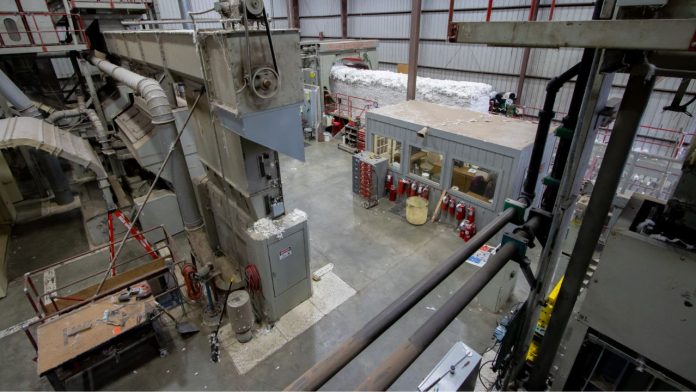Selecting the right labeling machine supplier is a crucial decision for any business that requires efficient and reliable label application technology. Whether for pharmaceuticals, food and beverage products, or consumer products, the choice of supplier can significantly impact operational efficiency and product quality. This essay outlines a comprehensive approach to finding and selecting a suitable labeling machine supplier.
Define your labeling needs
The first step in finding a labeling machine supplier is to clearly define your specific needs. Consider the type of products you need to label, the size and shape of the containers, the type of labels required (such as self-adhesive, shrink-sleeve, or wrap-around), and the production volume.
Also, assess any special requirements, such as the need for serialization, barcode printing, or integration with existing production lines. Having a clear set of requirements will help you narrow down potential suppliers who can meet your specific needs.
Research and gather information
Start by researching potential labeling machine suppliers. A good approach is to consult industry publications, attend trade shows, and review industry-specific directories. Online searches can also yield valuable information through company websites, customer reviews, and forums where users share their experiences. It’s important to gather a broad spectrum of information to ensure a well-rounded understanding of the options available.
Evaluate technical expertise and experience
Evaluate the technical expertise and industry experience of each supplier. Look for companies that have a strong track record in your industry or that specialize in the type of labeling technology you need. Experienced suppliers are more likely to provide high-quality machines and can offer insights and innovations that come from years of working with similar requirements. Check for any patents or technology awards that might indicate a supplier’s capability in innovation.
Assess the product range and customization options
Check the product range offered by the suppliers. A supplier with a wide range of products is more likely to have a solution that fits your specific needs. Additionally, consider the customization options they offer. The ability to tailor a labeling machine to your specific operational requirements is crucial for ensuring efficiency and adaptability.
Consider quality assurance and compliance
Quality assurance is paramount when choosing a labeling machine supplier. Suppliers should be able to provide detailed documentation of their quality control processes and compliance with relevant standards, such as ISO certifications or FDA regulations, if applicable. This ensures that the machinery you purchase is reliable and meets all necessary safety and quality standards.
Analyze support and service
After-sales support and service are critical components of a supplier relationship. Inquire about the support services offered, including installation, training, and maintenance. Also, check the availability of spare parts and the response times for service calls. A supplier with a robust support network will minimize downtime and maintain productivity.
Review customer testimonials and case studies
Look for customer testimonials and case studies that provide insights into a supplier’s performance. These can offer real-world evidence of how the supplier’s machines perform under operational pressures and can highlight their strengths and weaknesses. Do not hesitate to ask the supplier for references you can contact directly.
Price and Total Cost of Ownership
While price should not be the sole criterion, it is certainly an important factor. Obtain detailed quotes from several suppliers to compare the costs. However, consider the total cost of ownership, which includes not only the purchase price but also operating, maintenance, and potential upgrade costs over the machine’s lifespan.
Conclusion
Finding the right labeling machine supplier involves a thorough assessment of your needs, diligent research, and careful consideration of the supplier’s expertise, product range, support services, and overall value. By taking a structured approach to evaluating potential suppliers, businesses can ensure they choose a partner that not only meets their current labeling needs but also supports their future growth and success. This strategic choice can significantly enhance operational efficiency and contribute to long-term profitability.













